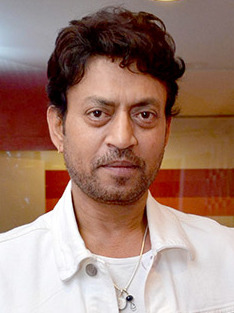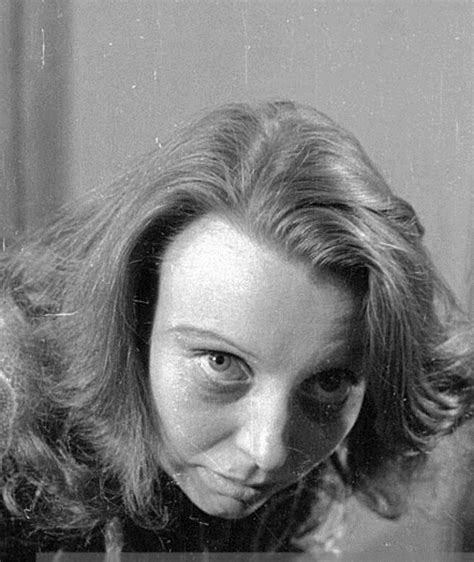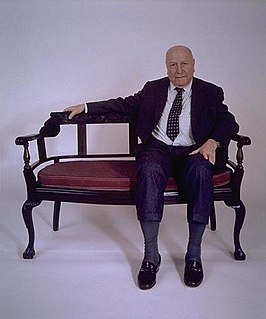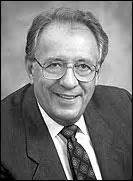A Quote by Joaquin Phoenix
For me, I'd rather have an intense experience than not.
Quote Topics
Related Quotes
But I'd rather help than watch. I'd rather have a heart than a mind. I'd rather expose too much than too little. I'd rather say hello to strangers than be afraid of them. I would rather know all this about myself than have more money than I need. I'd rather have something to love than a way to impress you.
However intense my experience, I am conscious of the presence and criticism of a part of me, which, as it were, is not a part of me, but a spectator, sharing no experience, but taking note of it, and that is no more I than it is you. When the lay, it may be the tragedy, of life is over, the spectator goes his way. It was a kind of fiction, a work of the imagination only, so far as he was concerned.
• Eating disorders are addictions. You become addicted to a number of their effects. The two most basic and important: the pure adrenaline that kicks in when you're starving—you're high as a kite, sleepless, full of a frenetic, unstable energy—and the heightened intensity of experience that eating disorders initially induce. At first, everything tastes and smells intense, tactile experience is intense, your own drive and energy themselves are intense and focused. Your sense of power is very, very intense. You are not aware, however, that you are quickly becoming addicted.
The practice of celibacy alone was opening me up to a deeper sense of the way the mind-body connection works. I saw over and over that my mind and body could be filled with desire and that no matter how intense the craving was it would always pass. I didn't have to satisfy every desire that arose in my mind. I began to understand impermanence through direct experience rather than just intellectual theory.
They would make the 'Church ' their great meeting-point, rather than the Atonement of Christ. As far as my experience goes, they have more devoutness and less devotion, more fear and less love, more feeling of duty than of desire, laying more stress on Phil. ii. 12 than ver. 13, and in practice working upon the intellect and imagination rather than aiming at the heart, skirmishing among the outworks rather than assaulting the citadel.
Empower me to be a bold participant, rather than a timid saint in waiting, in the difficult ordinariness of now; to exercise the authority of honesty, rather than to defer to power, or deceive to get it; to influence someone for justice, rather than impress anyone for gain and, by grace, to find treasures of joy, of friendship, of peace hidden in the fields of the daily you give me to plow.




































